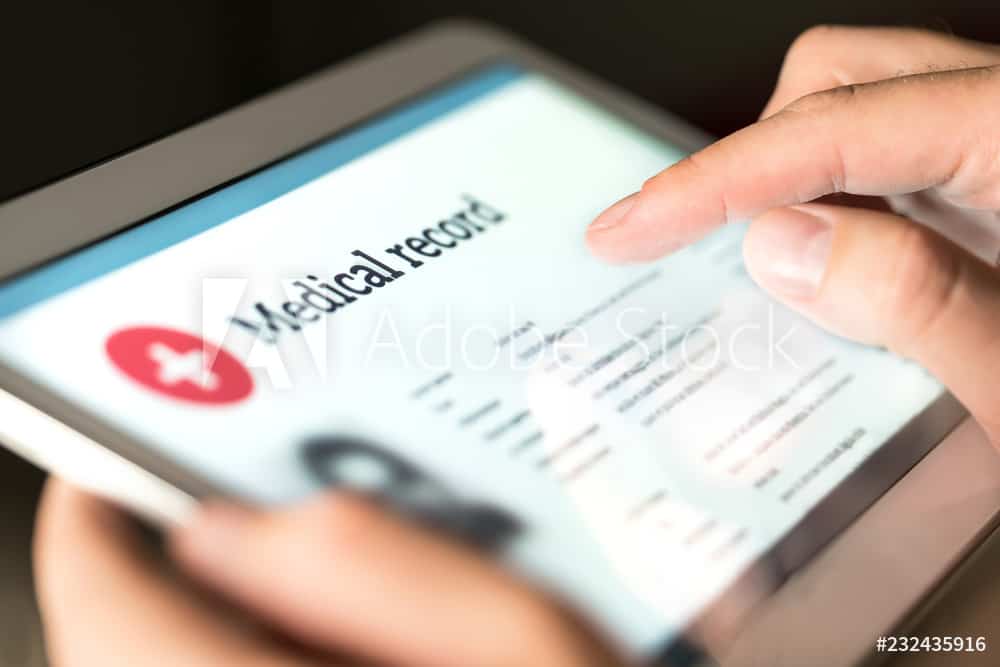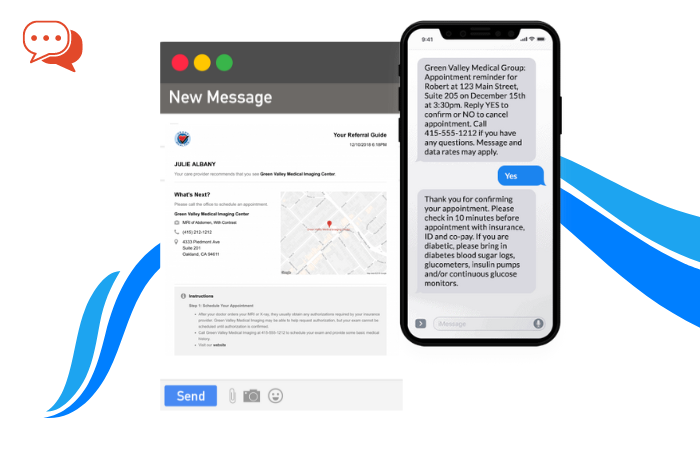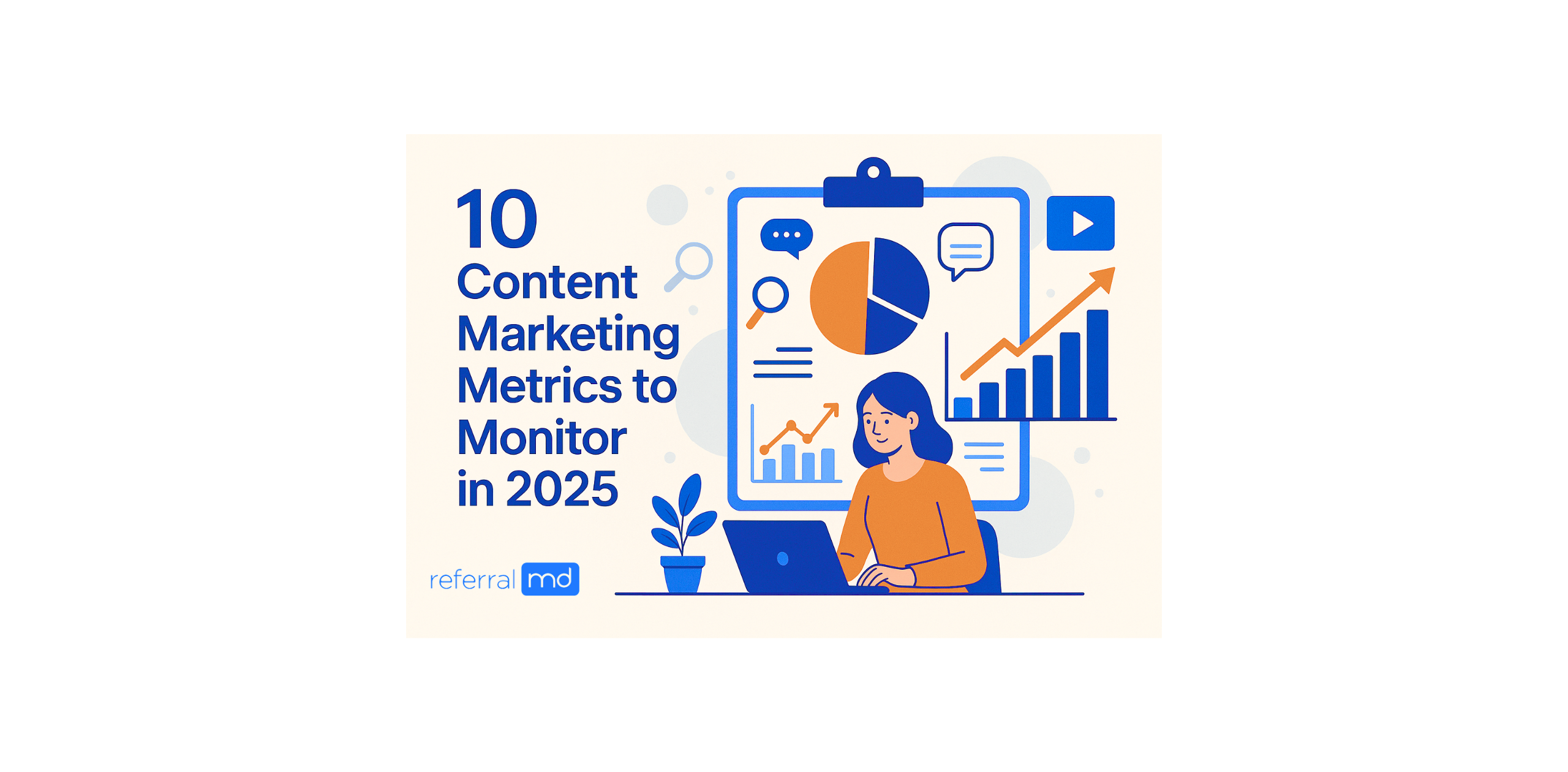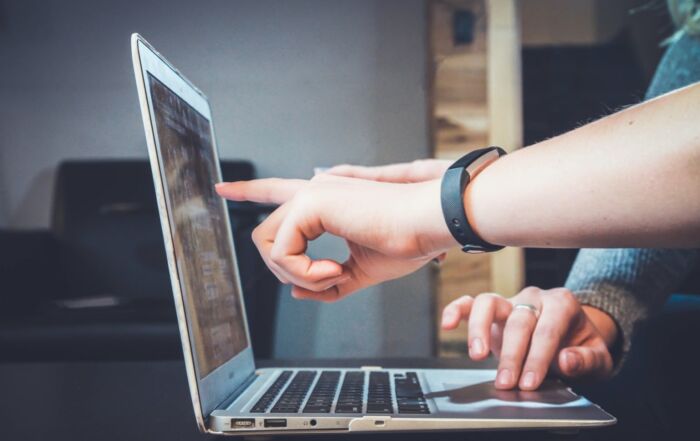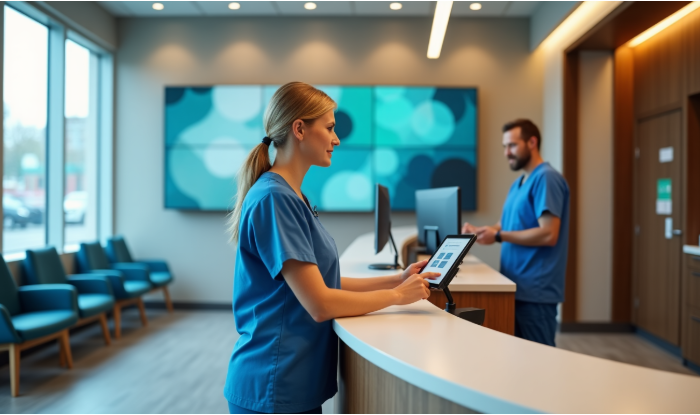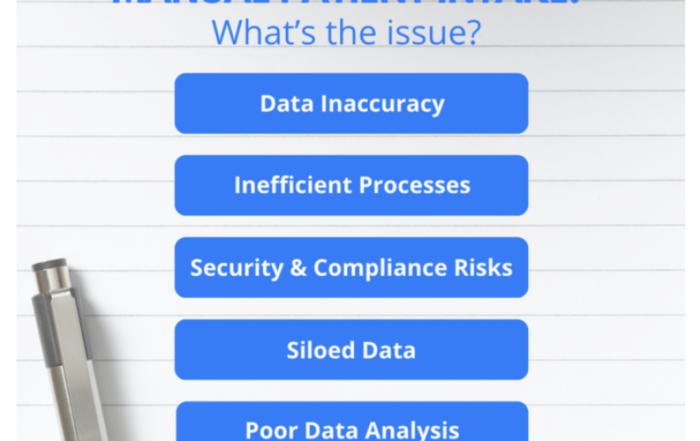Now that the healthcare industry is taking advantage of the advances in mobile technology let’s imagine what happens next. Most patients are also consumers who want an improved healthcare experience, from appointments to recovery and follow-up. Until the pandemic, most healthcare practices didn’t offer patients online or mobile appointment scheduling, much less virtual doctor’s appointments. Fast forward a few months, and telehealth and virtual appointments have become the norm.
Most of us have a smartphone and have gotten used to using apps to shop, work out, track packages, etc. Per a recent survey, 52% of smartphone users have health-related apps on their phones. Here are 10 ways mobile technology is changing the healthcare industry.

Photo by S O C I A L . C U T on Unsplash
1. Enhances Patient-Doctor Connection
Appointments and follow-ups can now be made on your phone. It would be easier to deal with health issues via phone. It serves sick individuals from far places who cannot afford extra fees to get well.
Managing the patient’s health status will go through. Communication between parties will continue, no matter the distance. All data stays between the concerned parties, with no leak problems.
This benefits mild cases, but critical cases need on-site supervision upon healing. It might help on the days of recovery, though.
2. Improves Patient Care
Safety is the priority of healthcare services. Friendly tools are now managed by technology. This results in more efficient services, with safety in mind. Barcode scanners can take place via apps, thus ensuring safety. The real-time tracking of patient’s information also happens. It includes checking the vital signs and medical histories of the patient.
Follow-up checkups are now more practical with the support of apps. Technology’s role in health services is growing nonstop. Expect more in the future.
3. Convenient Health Monitoring
Physicians can rest longer. The mobile apps will do other routine tasks. This includes telling the patient its diet and medication. The app will manage the log record with direction.
The technology also favors privacy on patient care through electronic health records.
EHR only allows doctors and nurses to have access to the records. This way prevents making more mistakes and other violations.
Patients can check their status via phone to lessen their worry. It only takes a few clicks to say whether you are okay or not.
4. Reduces Cost
Regular hospital visits demand much cost from both patients and the industry. The use of mobile technology will help reduce costs.
Many cannot afford an overnight stay in the hospital. What more for the next days to come?
Not all sickness can only last a day. For instance, depression had killed many up to now. We all know how costly it is to deal with depression. This needs a sudden action thereof.
Telemedicine exists to deal with such illnesses in a shorter period from 2019. From then on, it has saved lives. Health records became digitized. Anyone around the world has the right to use this platform to call out for help. An expert will meet the concerns of the patient at a lesser cost.
5. Assists Medical Operations
The growing technology is a great help for medical operations since day one. Healing sick people became quicker and more efficient. All thanks to the smartphone’s health apps!
Health apps are available for worldwide access. They benefit many patients and even doctors all over the world. They provide real-time health records subject to monitoring.
With a tap on the app, keeping track of the patient’s status is easier. Get details as fast as needed. It will be less hassle upon observing someone’s health progress.
6. Helps the Hospital Management

Maintaining an efficient operation in the health industry is not easy. That’s why hospitals are so eager to use digital aids than other industries.
It results in better bonds among health experts in doing their work. Not only the professional ones but also all the staff in the building.
Decision-making would be faster with such technology. Needed data is easier to find. Also, transaction processes are ever ready for access.
7. Moderates Big Data
Huge amounts of data coming from different sources need great security. These data are then used as subjects for studies everywhere in the healthcare field.
Store essential data in a secured place, ready for access and backup, if needed. They matter for upcoming medical research of new formulations.
Mobile technology prevents more costs for server hardware and is more efficient now. Cloud services are a possible solution. But, not for a health provider with a huge amount of data in the present.
8. Supports Healthcare IT

No one can do the job better than IT professionals in healthcare technology. They are responsible for providing proper interactions between the concerned individuals. Failed connections will be their fault.
Now, healthcare ITs are developing ways to improve meetings via video conferences. No matter where you are, it is possible to keep in touch with certain experts for inquiries.
It is easier to link patients’ data to anyone. Patients under severe cases will experience lesser risk. Finding a cure will be more at ease. Thus high chances for specific treatment will exist.
9. Connects to the Community
The community longs for a free healthcare system to live life to the fullest. Well, mobile technology comes on your smartphone through health apps.
Most people today are looking for ways to stay fit and healthy. Is it possible without asking health professionals?
Yes, it is! Thus, it lessens the cost.
Health apps are present everywhere that target individuals with the same fitness goal. It even formed a community that grows bigger and bigger. Users post their progress online, like Instagram, to motivate others too. And smartphones play a big role in that.
10. Inspires a Healthier Lifestyle
The main goal is for us to be in good physical shape. Whereas adopting mobile technology is a huge step for keeping a healthier lifestyle.
Being fit is part of a healthier lifestyle, but now, on your comfort. Getting fit is sometimes neglected by many, especially without an expert’s supervision. Some think it is a waste of time, but they are wrong.
Mobile apps on healthcare have been increasing their numbers by the year 2020. It is due to the growing number of mobile users in the world.
Each app contains a daily routine on how to stay fit. It could be for personal training or workouts. You can track your progress through GPS and the app itself weekly. Also, you can set your goals according to your capacity, so you won’t have reasons to back out.
Final Words
Mobile technology has been helping many patients and physicians in many ways today.
Health apps make every process a lot easier than before. No need to spend extra money going back and forth to the hospital. Also, it reduces the amount of effort and time for both parties. Important meetings become on-screen, with great comfort. Mobile technology also goes a long way with the community’s health status. The Healthcare industry takes responsibility for it. It is easier to reach out to people in need of help, especially those living in remote areas.

